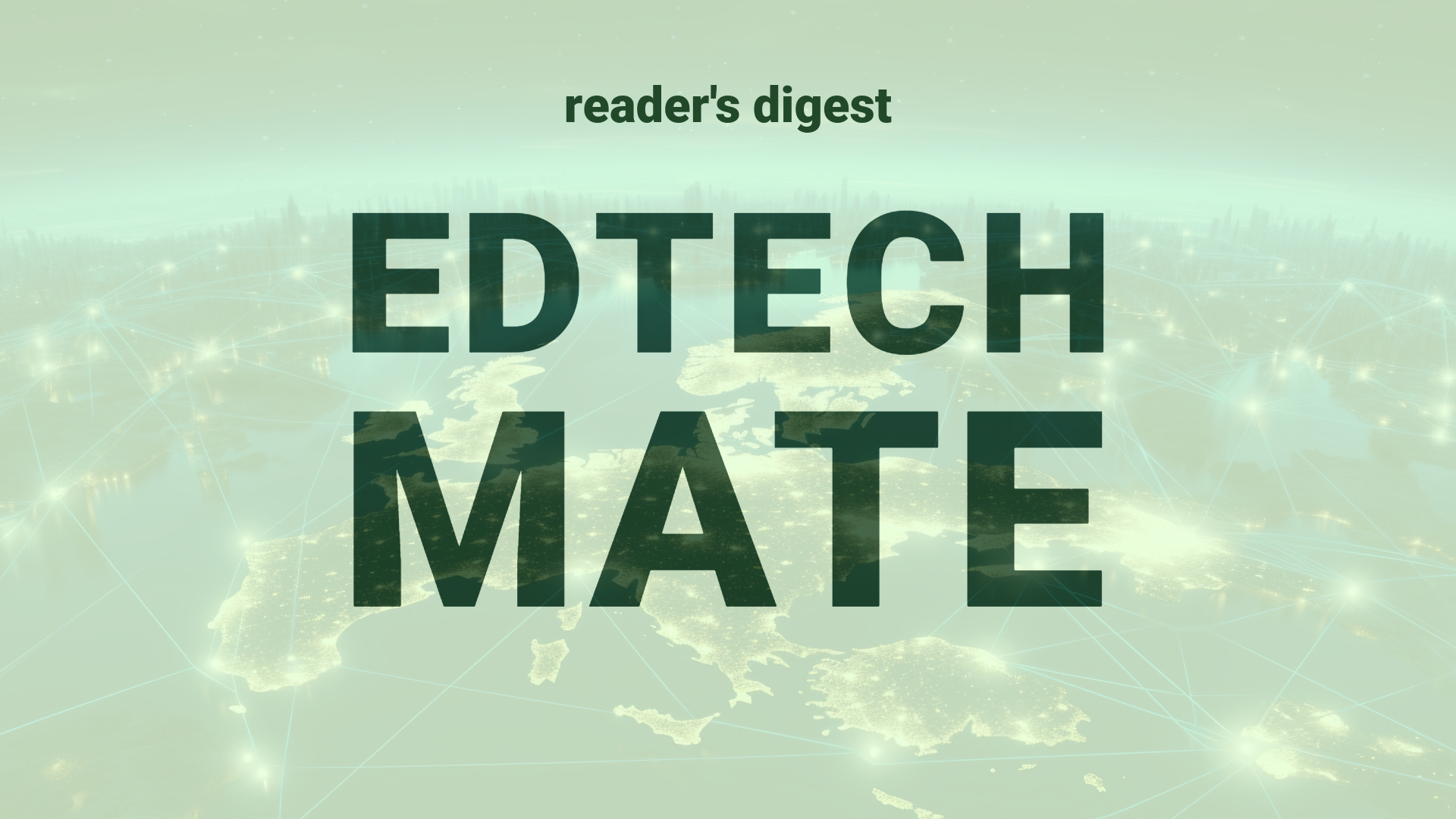Executive Summary and Main Points
In the realm of international higher education, the growing trend of precarious employment, exemplified by the shift from tenured positions to short-term contracts, is redefining academic work culture. The experience shared brings attention to the competitive pressures for funding and reputation, as well as the inherent stress within academia. This climate has the potential to shape the implementation of digital transformation strategies in the sector, as educational institutions may increasingly turn to innovation to meet shifting demands and alleviate institutional pressures.
Potential Impact in the Education Sector
The described academic environment, characterized by dwindling tenure prospects and heightened competitiveness, is poised to significantly affect the landscape of Further Education and Higher Education. Institutions may be prompted to forge strategic partnerships that secure grant opportunities and shared resources. The surge in demand for micro-credentials could provide alternative pathways for academic professionals to expand their expertise and reputability. Digitalization, in this context, is likely to emerge as a critical tool to streamline operations, enhance grant management systems, and enable sustainable academic collaborations.
Potential Applicability in the Education Sector
Innovative applications involving AI and digital tools can be tailored to respond to the pressures of the changing educational environment globally. These include AI-driven platforms that assist in grant writing, collaboration networks for shared projects, and digital repositories to democratize access to research findings. Technological solutions could also be applied to support mentorship and career development for academics facing the rigors of contract renewals and performance evaluations.
Criticism and Potential Shortfalls
While digital transformation presents significant opportunities, it also raises critical concerns. Comparative international case studies reveal disparities in digital infrastructure and access to funding across nations, which may exacerbate inequalities. Ethical dilemmas surrounding the use of AI, the potential dehumanization of academic relations, and cultural insensitivity in one-size-fits-all solutions are pressing issues requiring thoughtful consideration.
Actionable Recommendations
Educational leaders are encouraged to explore AI-based tools for efficient grant management and collaborative research platforms. It is recommended to establish multi-stakeholder partnerships to support stable funding channels. Furthermore, by prioritizing ethics and diversity considerations within digital adoption, education systems can foster a more inclusive and resilient academic workforce. Finally, promotion of micro-credentialing and professional development programs can serve to reinforce academic careers amidst the changing landscape of academia.

